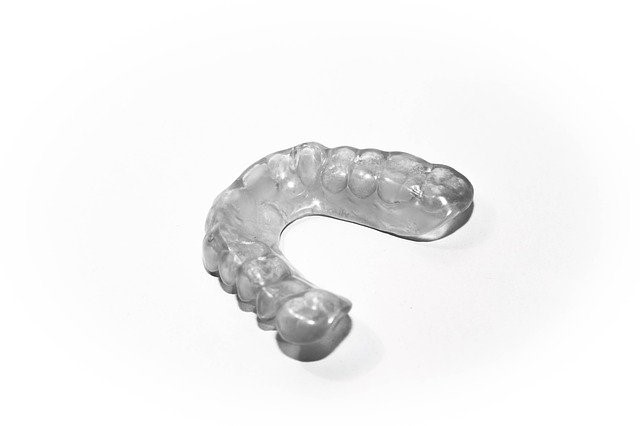
I used to wake up with headaches often growing up and would often experience them after sports or any activity that involved intense physical or mental concentration. I attributed it to stress or simply concentrating too hard. It was not until I got to dental school that I learned about bruxism and realized that’s what was causing my headaches.
Bruxism, in common terms, refers to the habit of grinding or clenching teeth. Some people do both, grind and clench their teeth. Sometimes, this is done subconsciously in situations such as working out, sitting in traffic, studying, or in any other strenuous physical or mental activity. Often times, bruxism occurs during sleep. It is unfortunately not a habit that can be controlled during sleep.
It turns out when I ran or did sports, I would clench my teeth and end up with headaches or particularly sensitive teeth for about an hour especially if I was in a cold environment. If I was feeling anxious or stressed I would clench my teeth in my sleep and experience headaches or tightness in my jaw upon awakening. Nowadays, I wear a custom fit oral appliance during the day when working out and at night. There are nights that I am not able to sleep without it.
Over the years, I have worn different types of bruxism appliances and as a clinician have worked on many custom designs closely with laboratory technicians. There are numerous oral appliances that are available for those with a bruxism habit. They can be made thin enough to wear discretely during the day time where one can still talk and work without anyone noticing. They can be thinner or bulkier if desired or fit over the top arch of teeth or bottom arch, whatever is most comfortable and convenient. There are over the counter mouth guards that can help with bruxism. Generally, they are one size fits all even though they can be molded at home to better fit. Those also tend to be made from a much weaker material and need to be replaced often. If a patient has an extremely mild case of bruxism and the over the counter mouth guard fits comfortably, then that is great! Unfortunately, the majority of people with bruxism will need a custom lab made oral appliance to alleviate the issue.
Regardless of the design, they all serve a common purpose. They are custom fit to each person’s teeth to prevent tooth sensitivity, wear of the teeth, headaches, jaw tightness, and even recession of the gums. Wearing an oral appliance significantly reduces the amount of applied pressure or stress on the jaw, joint, and surrounding muscles and prevents heavy tooth to tooth contact between the upper and lower arch. By preventing direct tooth to tooth contact, the enamel and dentin of the teeth remain preserved as well as the gums around the teeth.
Long term consequences of untreated bruxism can result in severe shortening and wear of the teeth. Aside from sensitivity, there will be a noticeably short and flat appearance to the edges of the teeth. I often see patients who complain of short teeth or an uneven smile line. If severe, this can even result in tooth loss or a collapse in the bite. That would entail a full mouth restoration ranging from extractions, areas of gum and bone grafting, crowns, implants, and possibly more. It is much more costly to fully restore a smile that has been affected by bruxism than to prevent the situation simply by wearing a recommended oral appliance.
